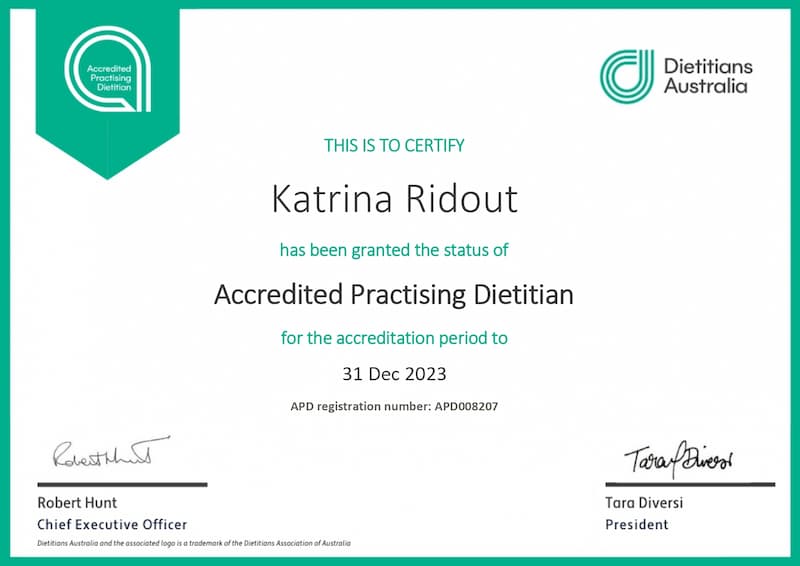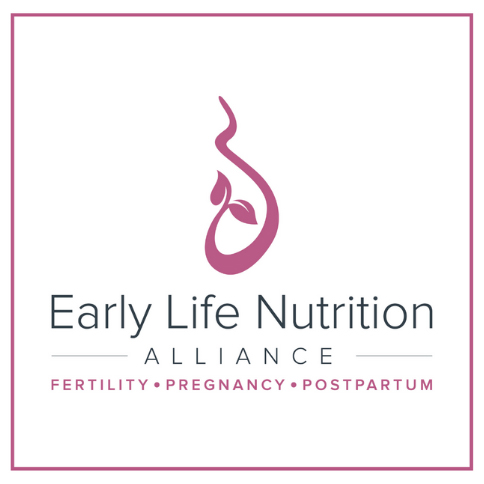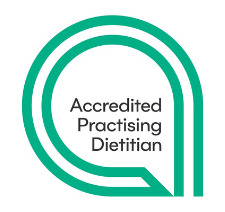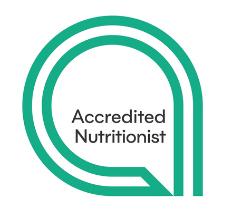Frequently Asked Questions
How important is diet during IVF?
A well-balanced and nutritious diet is crucial during IVF and can positively impact fertility by helping to achieve and maintain a healthy weight, providing essential nutrients for embryo development, regulating blood sugar levels, reducing inflammation, supporting hormone production, and optimising overall reproductive health. It’s advisable to consult with healthcare providers such as an IVF dietitian for personalised dietary recommendations to enhance the chances of a successful IVF outcome, as individual dietary needs may vary, and tailored guidance can be invaluable in this journey to conception.
What foods should be avoided during IVF?
During IVF treatment, it’s advisable to avoid or limit highly processed foods with added sugars and saturated fats, excessive caffeine and alcohol consumption, soy products that contain phytoestrogens, high-mercury fish, unpasteurised dairy, unwashed fruits and vegetables, excessive red meat, high-sodium diets, and artificial sweeteners, as these factors can potentially disrupt hormonal balance, increase inflammation, and negatively impact fertility. Individual dietary needs may vary, so it’s crucial to consult with a healthcare provider or a registered dietitian with expertise in fertility to create a personalised nutrition plan that best supports your specific circumstances and enhances the likelihood of a successful IVF outcome.
What foods best complement an IVF treatment?
Complementing IVF treatment with a balanced diet involves focusing on whole foods like fruits, vegetables, whole grains, lean proteins, healthy fats, and dairy or dairy alternatives fortified with essential nutrients. These foods provide a range of vitamins, minerals, antioxidants, and fibre that support overall health, hormonal and reproductive well-being. Adequate hydration, mindful eating, and moderation of caffeine intake are also important. While a nutritious diet can positively impact fertility, it’s essential to combine it with a comprehensive approach that includes stress management, regular exercise, and personalised dietary guidance from a healthcare provider or registered dietitian specialising in fertility to maximise the chances of a successful IVF outcome.



